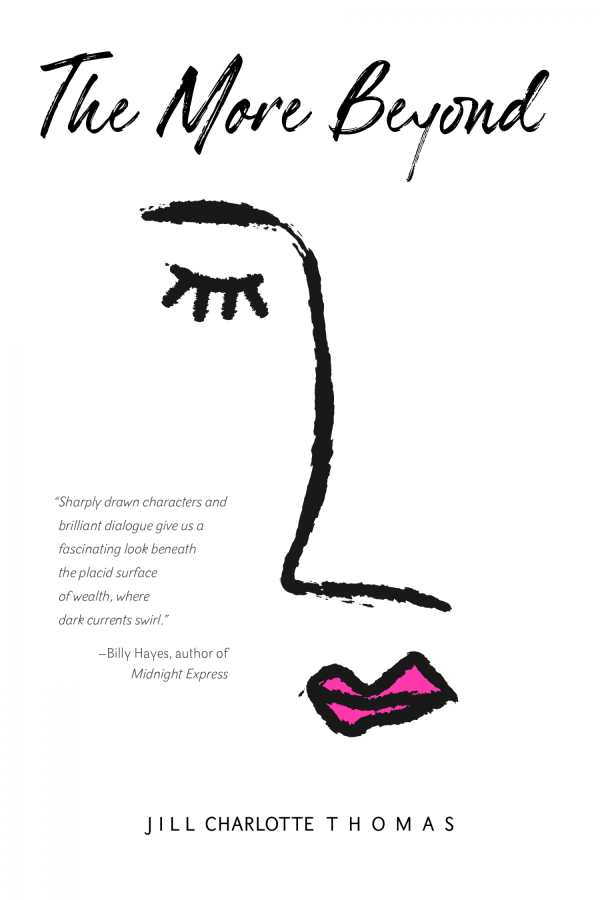The More Beyond
In the revealing novel The More Beyond, generational clashes over mental illness leave a woman feeling isolated.
In Jill Charlotte Thomas’s novel The More Beyond, upper-class society is lonely for a woman with mental health struggles.
Morton’s life has become tumultuous. After surviving a suicide attempt, she is committed to a California mental health hospital that she calls the “nuthouse.” Her wealthy parents refuse to visit her there. Later, she leaves the hospital against her doctors’ medical advice to return to New York City and visit her parents, who would prefer to pretend that the event never happened. In appeasing her parents’ wishes, Morton is thrown back into a wealthy world—left to search for happiness and acceptance alone, and facing relentless thoughts of giving up.
While Morton’s parents maintain a careful façade, their pleasantries are spliced with cantankerous outbursts and acts of dismissive cruelty toward their daughter—as when Morton’s mother comments, “If you really wanted to kill yourself, you’d be dead,” or when her father blames her for her mother’s own mental health struggles. Such blunt assertions are matched by the silence of Morton’s extended family members, who also ignore ugly truths.
Indeed, this is a novel in which the unspoken dominates: even Morton’s father’s cancer diagnosis goes unacknowledged, as do her mother’s numerous mental breakdowns, which she salves with regular trips to Tiffany’s. Such inauthenticity colors the family’s forced interactions throughout, leading to devastating moments—as when Morton tries to connect with her parents over her writing, only to be ignored in favor of conversations about caviar and Chanel. Morton, in contrast, is a steady heroine who remains amenable to others despite their mistreatment of her.
The novel touches on serious issues with care, including self-harm, suicide, and sexual assault. And it handles such intense subject matter well, pairing it with insightful meditations on the meaning of life. However, its jumps in time are jarring—as is the short shrift that Morton’s hospital stay receives, with the bulk of the book’s conflict occurring during her time in New York. Still, slivers of dark humor enliven the text, juxtaposed with Morton’s general inaction. The result is a heavy story that nonetheless ably conveys a sense that the pursuit of happiness is complex for all people, regardless of their social status or wealth.
In the revealing novel The More Beyond, generational clashes over mental illness leave a woman feeling isolated.
Reviewed by
Caroline Foulke
Disclosure: This article is not an endorsement, but a review. The publisher of this book provided free copies of the book and paid a small fee to have their book reviewed by a professional reviewer. Foreword Reviews and Clarion Reviews make no guarantee that the publisher will receive a positive review. Foreword Magazine, Inc. is disclosing this in accordance with the Federal Trade Commission’s 16 CFR, Part 255.

